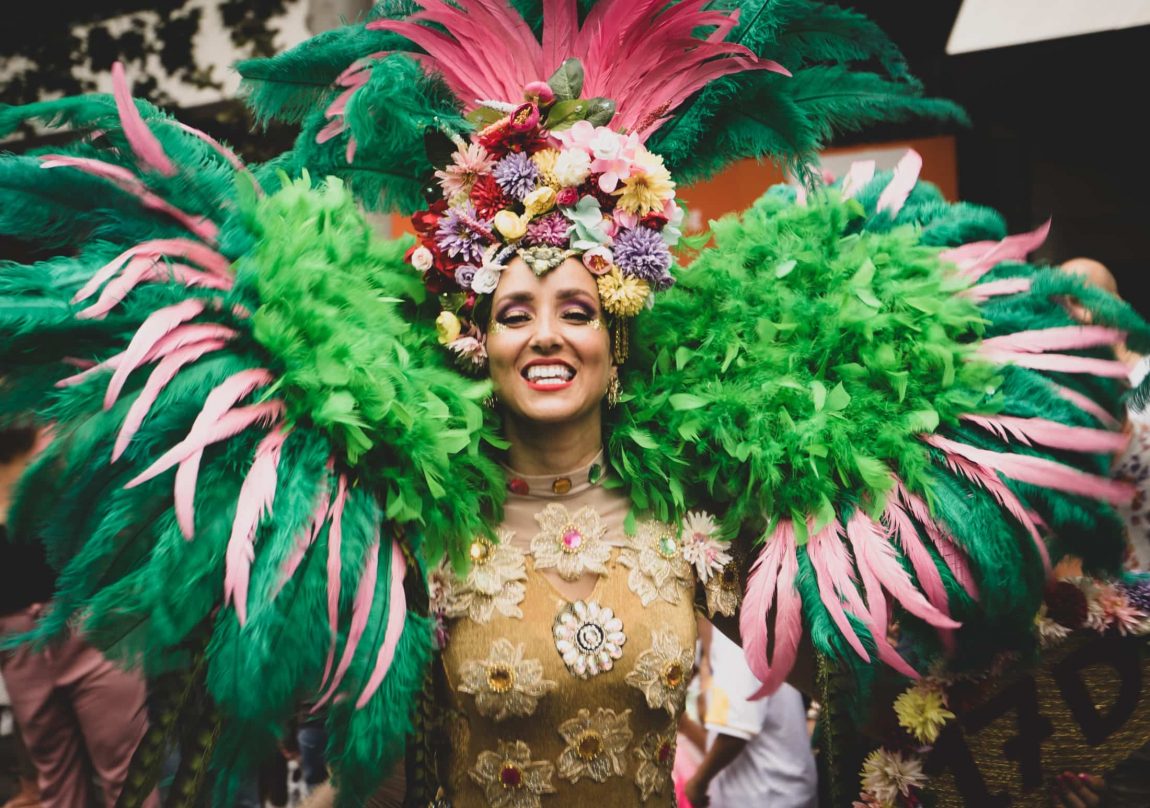Table of Contents
Carnival, often referred to as Carnivale, is a vibrant and lively festival that typically takes place just before the Christian observance of Lent, predominantly in February. This festival is renowned for its exuberant public celebrations, which often include elements reminiscent of a circus, such as parades, masks, and street parties. It’s a time when people embrace the spirit of disguise and masquerade, stepping out of their everyday lives into a world of festivity and celebration.
Historical and Cultural Significance
The roots of Carnival can be traced back to ancient times, with connections to Roman and Greek spring festivals. However, over time, it evolved, incorporating Christian traditions, especially in regions with significant Catholic populations. This festival provides an opportunity for communities to engage in festivities before the solemn season of Lent, a period characterized by fasting and reflection.
Celebrations Across the World
While Carnival is predominantly celebrated in areas with large Catholic populations, its allure has spread globally, with each region adding its unique flavor to the festivities. In Brazil, the Rio Carnival stands out as one of the most famous, drawing millions of visitors with its spectacular samba parades and extravagant costumes. Venice, Italy, is known for its elegant masks and romantic gondola parades, while New Orleans’ Mardi Gras is famous for its lively street parties and colorful beads.
Activities and Traditions
Carnival activities vary widely but often include elaborate parades with floats and costumed performers, masquerade balls, and street parties where music, dance, and food play a central role. The use of masks and costumes is a pivotal tradition, allowing people to step out of their regular identities and partake in the joyous chaos that defines Carnival.
Social and Economic Impact
Apart from being a cultural phenomenon, Carnival also significantly impacts the local economies of host cities. It boosts tourism, creates jobs, and generates substantial revenue. Moreover, Carnival serves as a platform for artistic expression and cultural preservation, showcasing local music, dance forms, and craftsmanship.
The Essence of Carnival
At its core, Carnival is about freedom, joy, and community. It’s a time when social norms are relaxed, and people from all walks of life come together to celebrate. The spirit of Carnival embodies a temporary release from the constraints of daily life, offering a glimpse into a world where joy, creativity, and unity take center stage.
Key Takeaways
- Carnival is a dynamic and festive event, deeply rooted in historical and cultural traditions.
- Celebrations vary globally, with each region adding its unique touch to the festivities.
- The festival has a significant social and economic impact on host cities.
- At its essence, Carnival represents freedom, joy, and community spirit.
This expanded view of Carnival illustrates not just the festival’s vibrant nature but also its profound cultural significance and global impact. It’s a celebration that transcends borders, bringing people together in a shared experience of joy and creativity.





